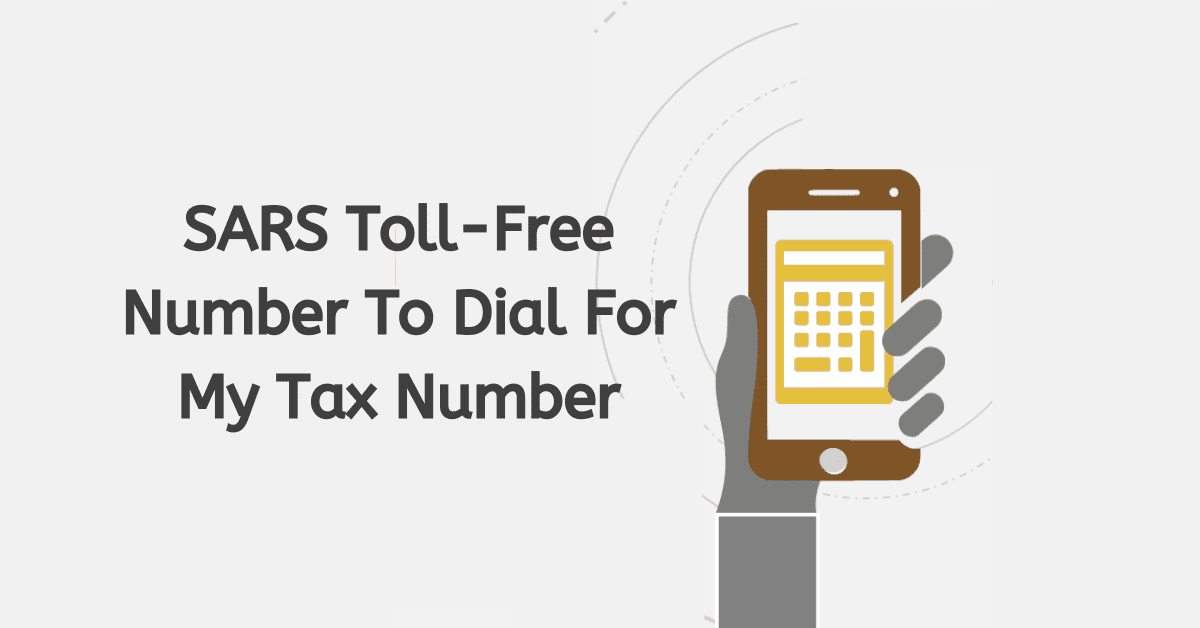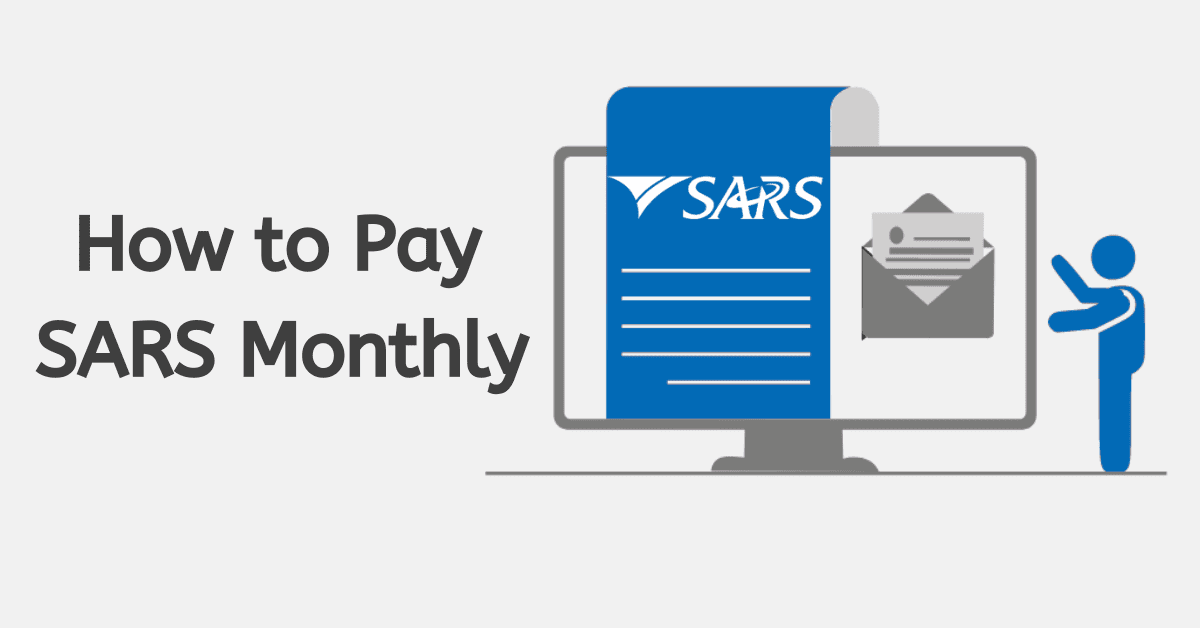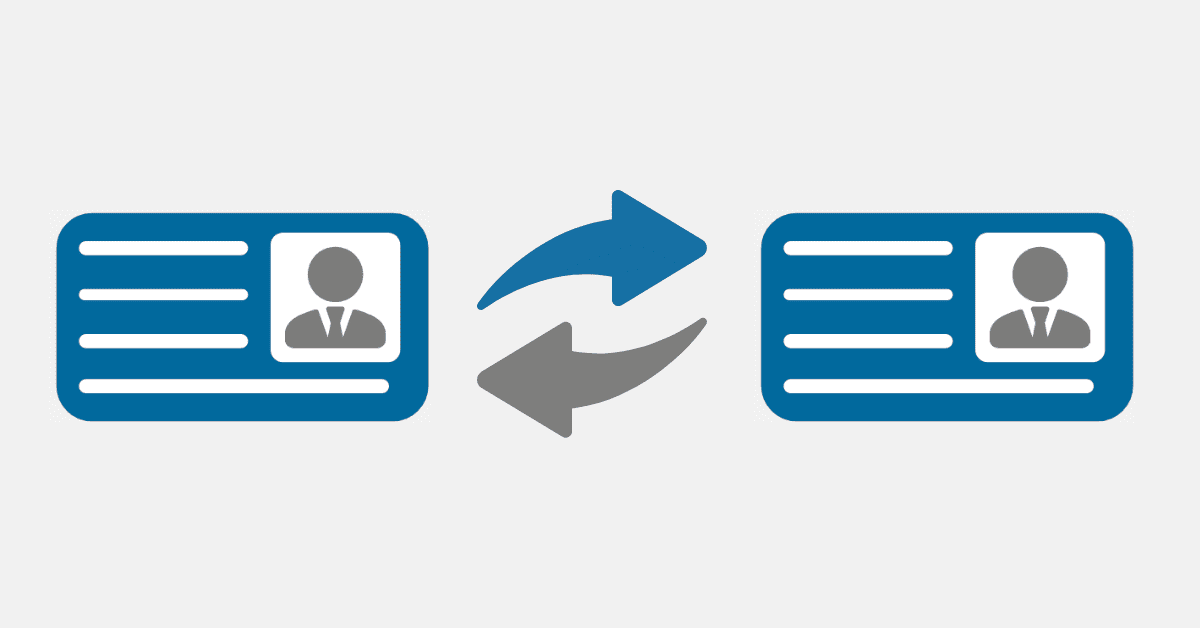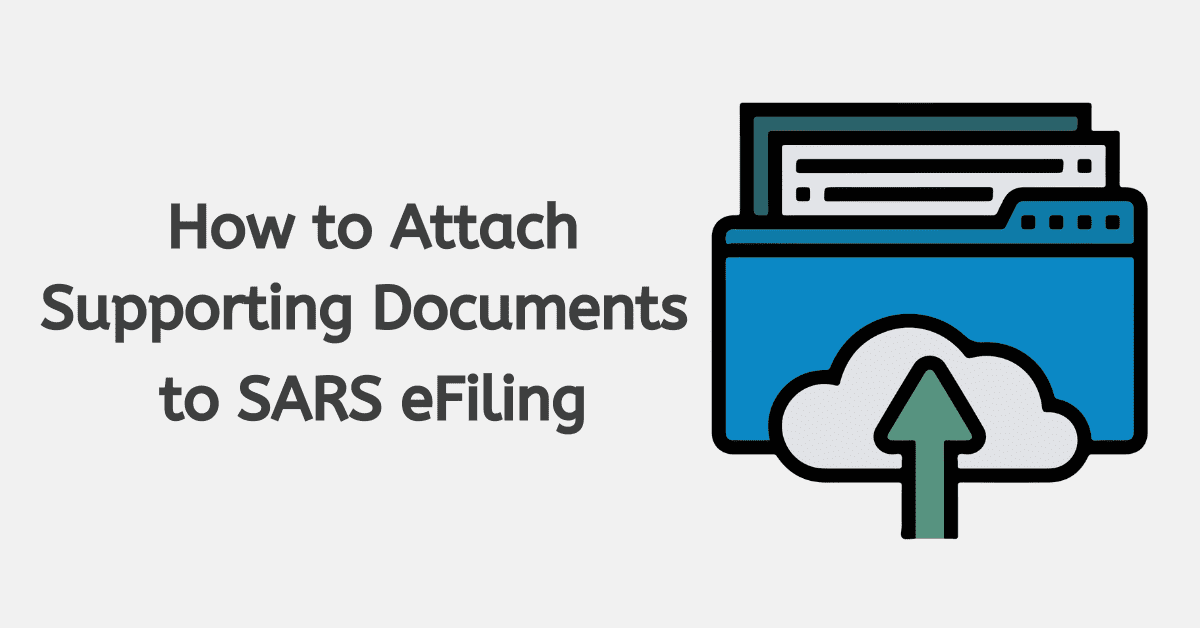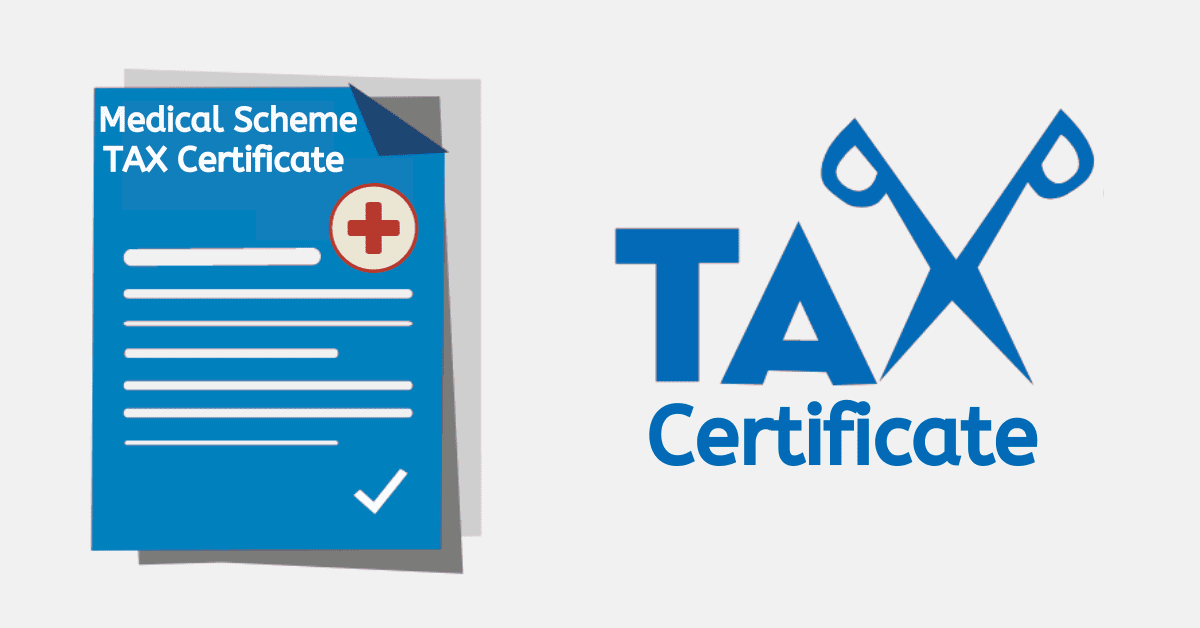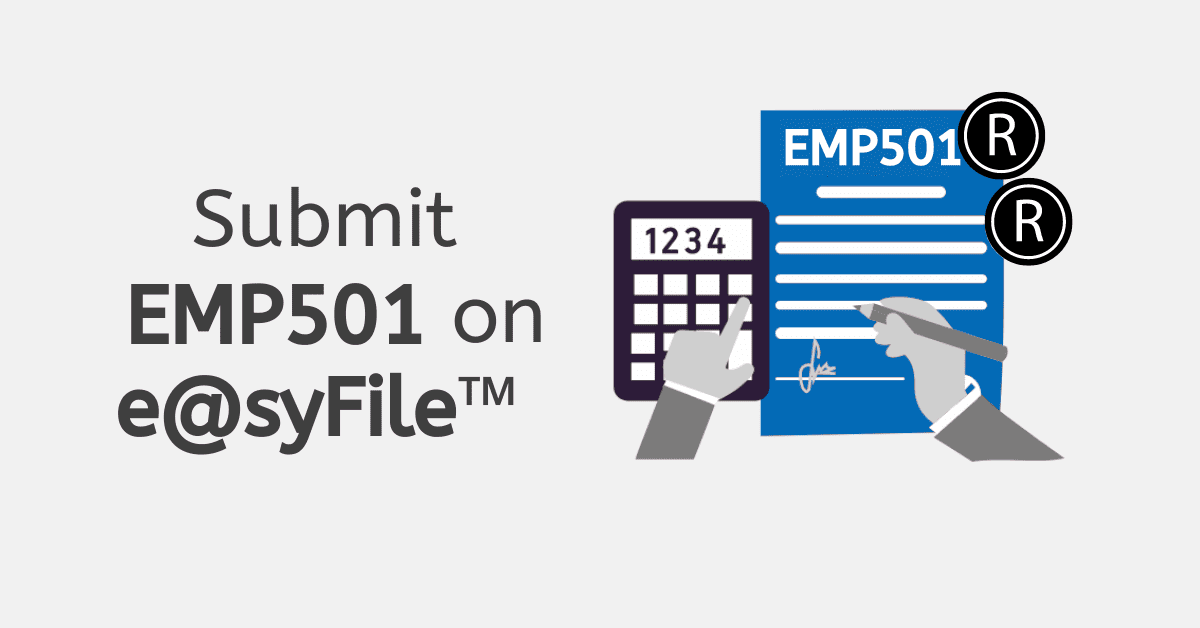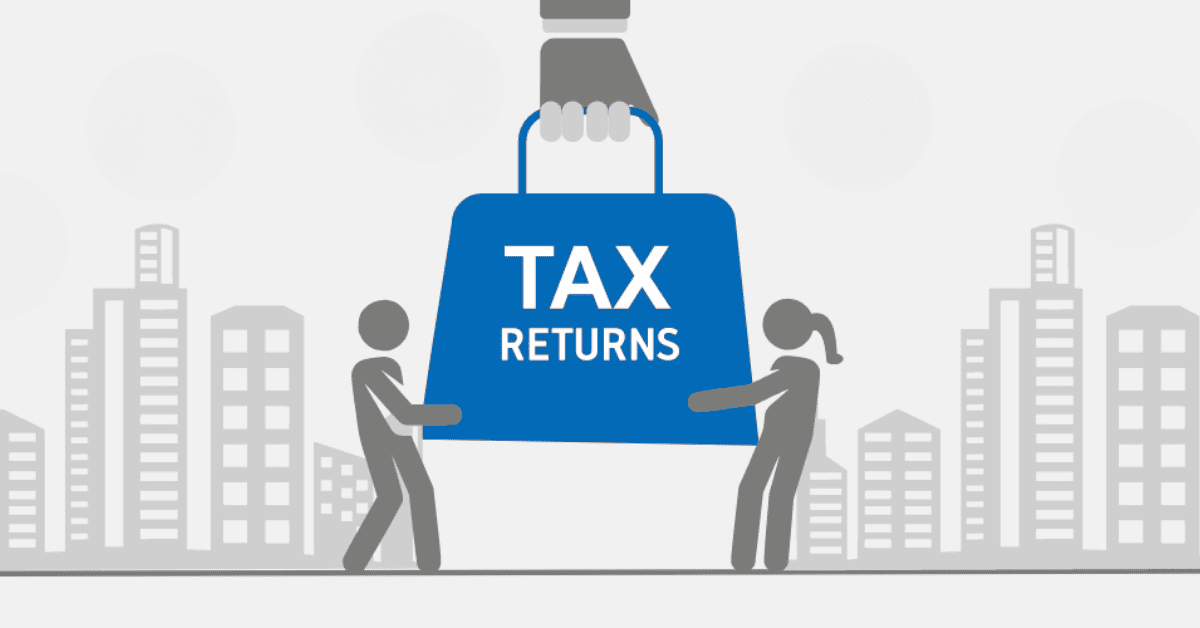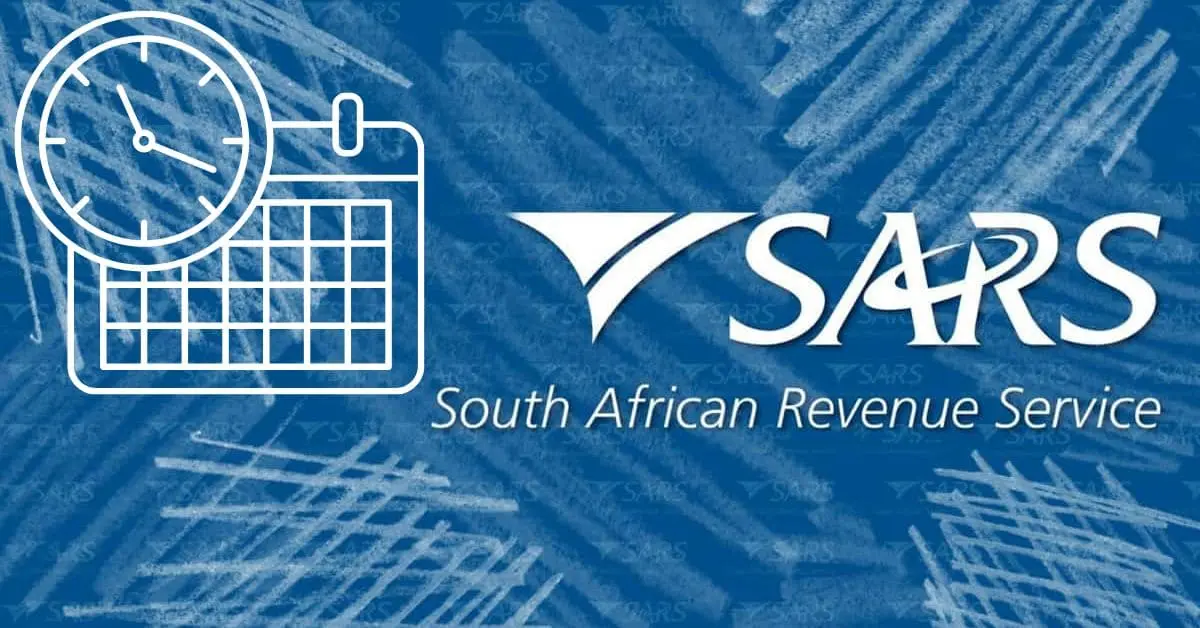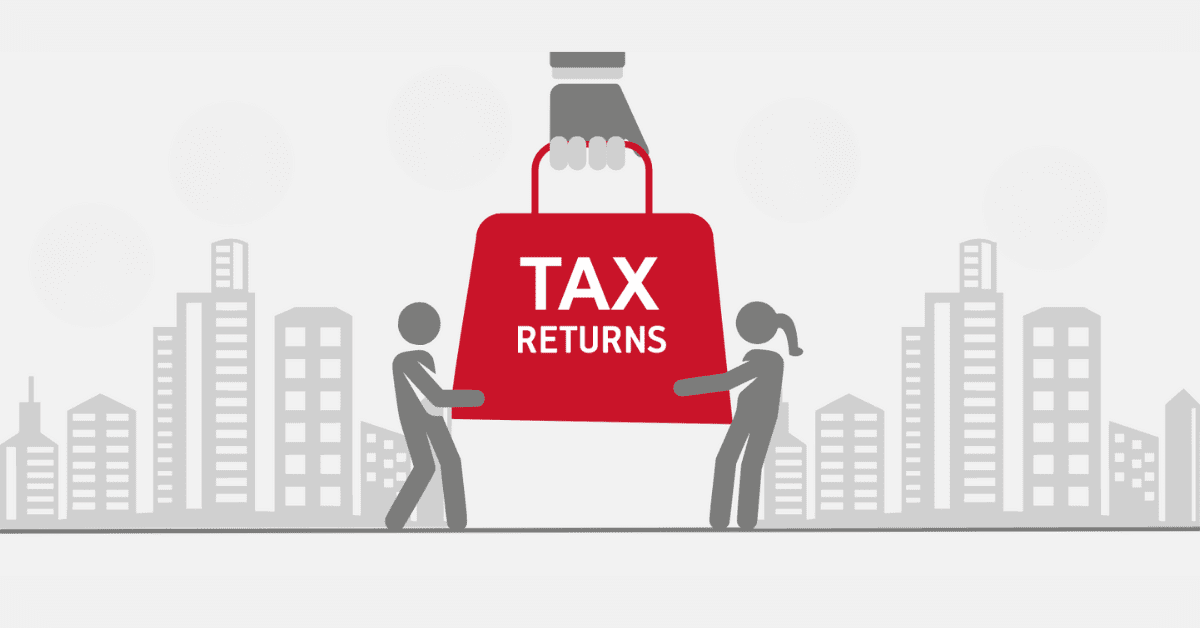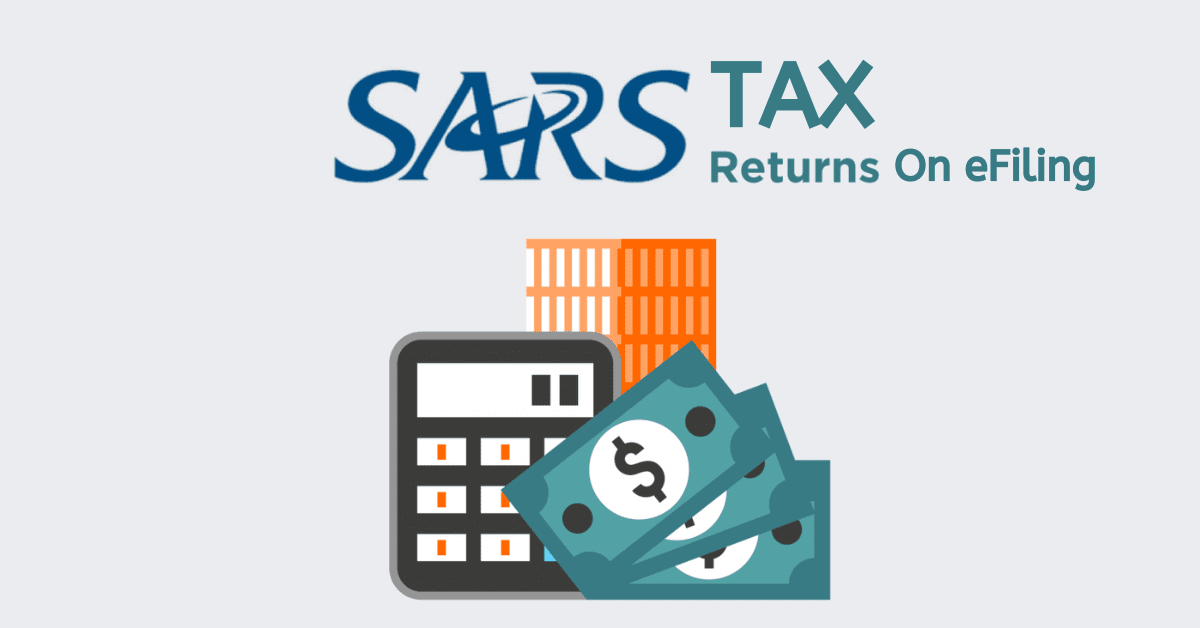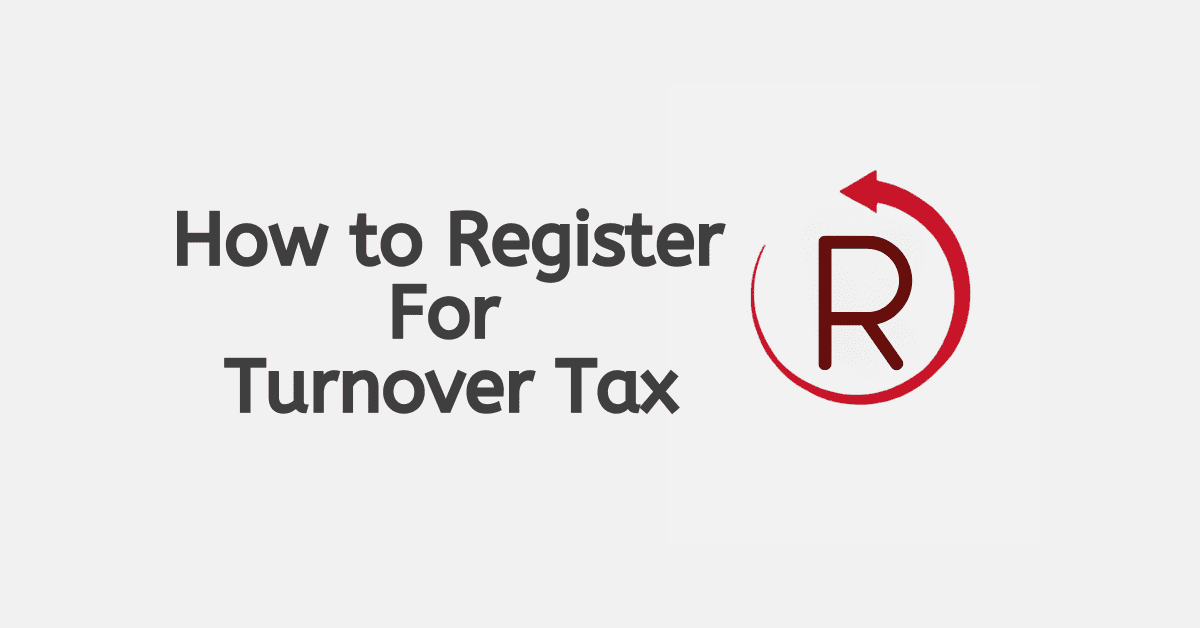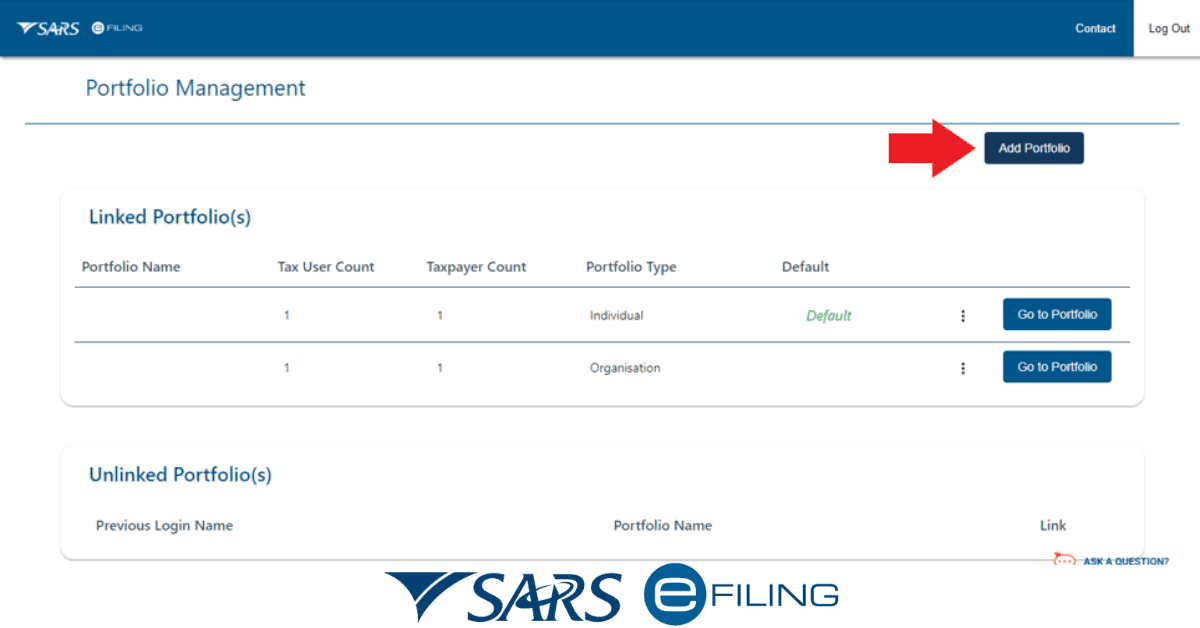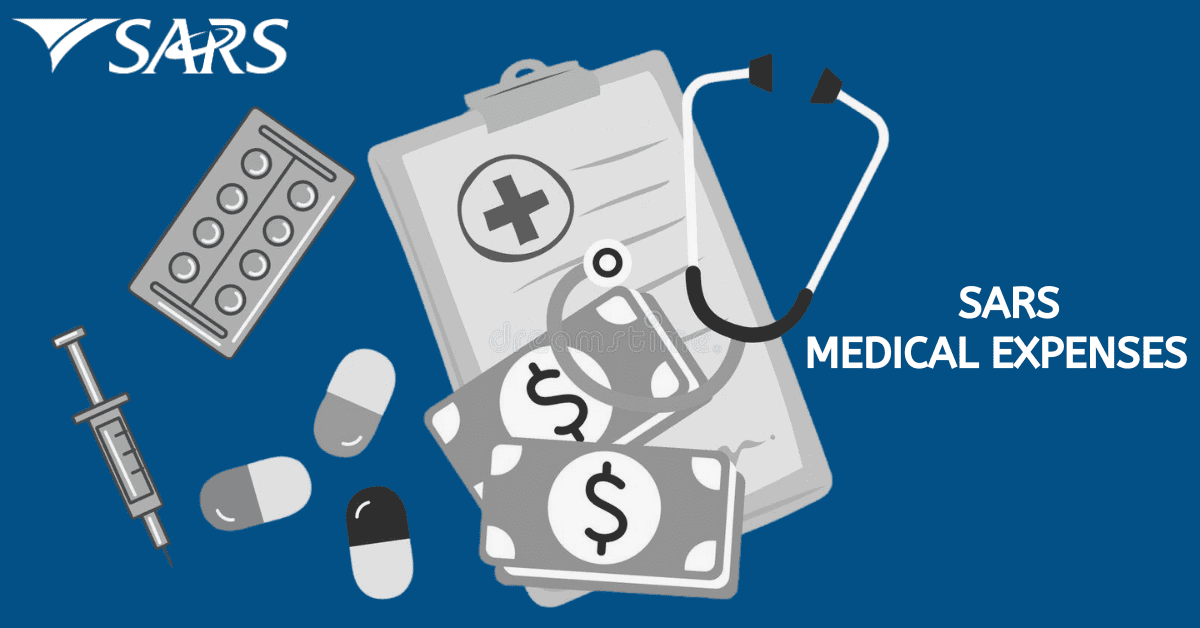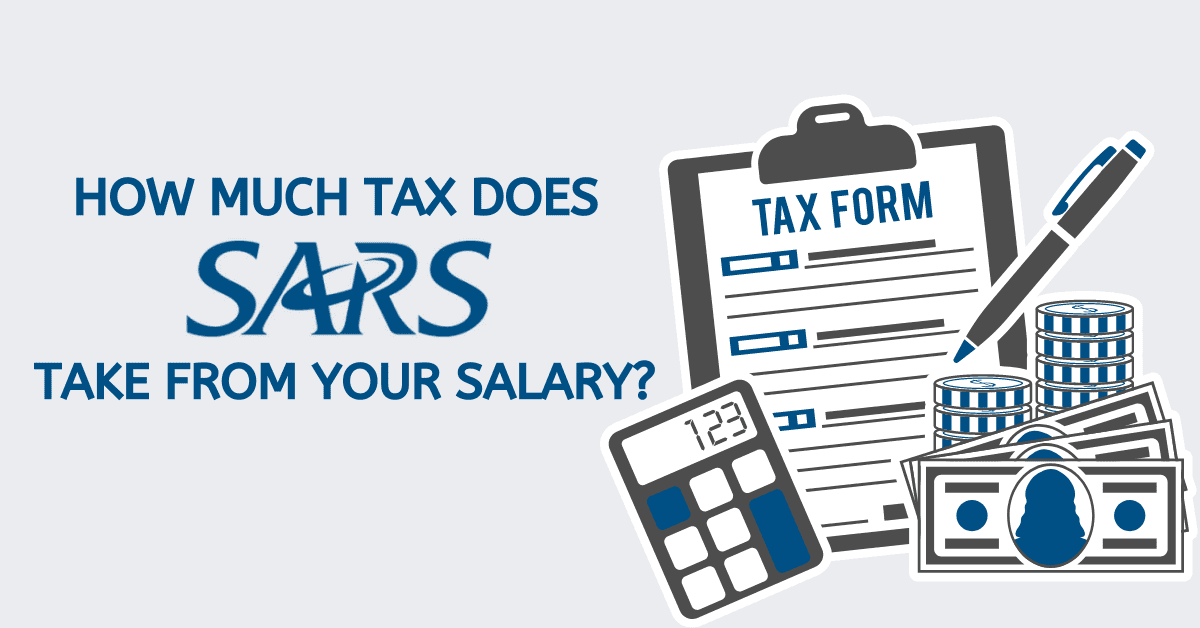The South African Revenue Service is in charge of the collection and administration of a number of different taxes in South Africa. These taxes include excise duties, customs tax and value-added tax (VAT).
By educating taxpayers and providing various services, including electronic filing and payment systems, the South African Revenue Service (SARS) hopes to encourage taxpayers to comply with tax laws voluntarily.
Audits and investigations are two other types of compliance checks and law enforcement activities that SARS carries out. SARS continues to play an important role in South Africa’s economy, as it is the primary source of revenue for many essential government services and programs.
This article will cover the travel allowance topics of SARS and other related matters.
What is the SARS rate per km 2025?
Individuals using their privately owned vehicles for business purposes are eligible to claim a tax deduction based on the South African Revenue Service rate per kilometre.
This deduction is meant to cover the expenses that are incurred when using the vehicle for business purposes, including the costs of fuel, maintenance, and wear and tear on the vehicle. SARS makes adjustments to the rate per kilometre on an annual basis; this rate also varies according to the kind of vehicle driven and the amount of distance covered.
In 2025 the SARS rate per kilometre has been subject to shifts that can be attributed to shifts in the price of fuel, inflation, and other economic factors. The SARS rate per kilometre for business travel in a privately owned vehicle in 2025 has been set to 418 cents per kilometre beginning with the 2025 tax year.
This deduction can only be claimed for travel that is related to business and not for travel that is for personal reasons. In addition, in order for individuals to be eligible for this deduction, they are required to keep detailed records of their business travel.
These records must include information such as the reason for the trip; the distance travelled, the date and time of the trip, and other pertinent details. If proper records are not kept, it is possible that the deduction will be disallowed by SARS.
How does SARS calculate travel allowance?
The South African Revenue Service (SARS) gives instructions on how to figure out employees’ travel allowances. Travel allowances allow employees who use their own cars for work-related travel to get paid back. You can use these allowances to pay for things like gas, maintenance, and wear and tear on the vehicle.
The amount of a travel allowance depends on the distance travelled, the number of business-related trips made, and the type of vehicle used. SARS has different prices for different types of vehicles and for short-distance and long-distance travel.
SARS gives a per-kilometre rate based on the size of the vehicle’s engine to figure out local travel allowances. For example, in the 2025/2026 tax year, the rate for cars with engines of up to 1,000cc is R3.98 per kilometre, while the rate for cars with engines of more than 1,000cc is R6.08. These rates may change yearly, which is a vital reason for you to keep checking the SARS website for updates.
SARS gives a rate per kilometre based on the total distance travelled during the tax year to figure out long-distance travel allowances. As of the 2025/2026 tax year, the rate is R3.61 per kilometre for the first 14,000 kilometres driven and R3.03 per kilometre for every kilometre driven after that. These rates may also change every year, so it’s important to check the SARS website to see what the current rates are.
When figuring out travel allowances for employees in South Africa, you have to look at how far they travelled, how many business trips they took, and what kind of vehicle they used. SARS gives rates based on the number of kilometres driven and fixed costs for vehicle maintenance and wear and tear, which can change yearly.
Can you claim petrol back from SARS?
The South African Revenue Service allows individuals to file a claim for a tax refund on their gasoline expenses if the expenses are related to their employment and if the individual satisfies certain criteria, such as maintaining accurate records and submitting the claim within the allotted amount of time.
Is travel allowance included in gross income?
According to the South African Revenue Service, travel allowance is typically treated as part of an individual’s gross income when calculating their tax liability in South Africa.
The tax treatment of travel allowances is determined by whether the allowance is considered to be another reimbursement or a “non-reimbursed” allowance.
How much is the travel allowance per km?
According to SARS, 80% of the travel allowance must be included in the employee’s pay for the purposes of figuring out PAYE. The percentage goes down to 20% if the employer is sure that at least 80% of the car’s use during the tax year will be for business.
The travel allowance per kilometre in South Africa is estimated to be between R 3.82 and R 3.98.
Does gross salary include travel allowance?
The South African Revenue Service states that a travel allowance should be included in an individual’s gross income when determining tax liability. If you are looking to confirm if gross salary includes travel allowance, then remember SARS has this policy documented.
